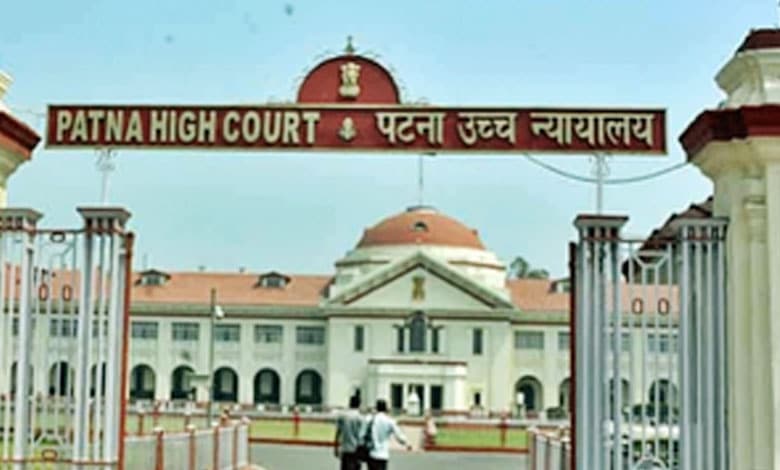Patna High Court to Hear Case on 70th BPSC PT Exam Amid Controversy and Protests
The Patna High Court is set to hear the case on the 70th BPSC PT exam amid ongoing controversy and protests. The outcome could impact the future of the exam and its results.

Patna: The ongoing controversy surrounding the Bihar Public Service Commission (BPSC) has escalated as the Patna High Court prepares to hear an important case regarding the 70th BPSC Preliminary Examination (PT) on Tuesday.
The case will be heard by a Division Bench led by Justice Arvind Singh Chandel. This hearing comes at a time when the exam has sparked widespread protests and legal battles, and the outcome could have significant implications for the future of the examination process in Bihar.
Table of Contents
Controversy Surrounding the 70th BPSC PT Exam
The 70th BPSC PT exam has been marred by controversy since its initial administration. A total of 14 petitions were filed in the Patna High Court demanding the cancellation and re-conduct of the exam, citing various irregularities.
The court consolidated these petitions into a single case, with the first hearing scheduled for January 31. However, the hearing was unexpectedly postponed, leaving thousands of candidates anxious and awaiting a resolution.
High Court’s Previous Interventions and Delays
In a previous hearing on January 16, the Patna High Court had called for a response from the BPSC regarding the issues raised in the petitions. Despite the ongoing legal proceedings, the BPSC went ahead and announced the results of the PT exam, further fueling the controversy.
A total of 21,581 candidates were declared successful out of the 3,28,990 who appeared for the exam. This announcement was made within 45 days, despite vocal demands from various quarters for the cancellation of the exam.
Although the court did not issue a stay on the results, the situation did not ease. The matter even reached the Supreme Court, where petitioners requested an urgent hearing. However, the Supreme Court advised the petitioners to return to the Patna High Court, prompting the case to be re-filed there.
Protests and Re-Examination Efforts
The controversy surrounding the 70th BPSC PT exam has led to widespread protests across Bihar. Student organizations, particularly in Patna, have organized demonstrations demanding a fair and transparent resolution to the issue.
The protests have called attention to perceived irregularities in the exam process, with many candidates feeling their concerns were not adequately addressed by the BPSC.
In response to these protests, the BPSC conducted a re-examination on January 4 at the Bapu examination center in Patna.
This re-exam was organized for candidates who had reported significant irregularities during the initial exam, which took place on December 13, 2024. However, despite these remedial efforts, many candidates remain dissatisfied, asserting that their grievances have not been fully acknowledged.
Legal and Public Expectations
With the latest hearing scheduled for today, all eyes are on the Patna High Court’s decision. The case is of utmost importance to the future of the 70th BPSC exam and the trust of students in the examination process.
If the court rules in favor of the petitioners, it could lead to the cancellation of the results and the potential re-conducting of the examination, a move that would have far-reaching consequences for the BPSC and the candidates who have already taken the exam.
What Happens Next?
The outcome of today’s hearing could determine the future course of action for the 70th BPSC PT exam. Candidates are eagerly awaiting a verdict, and the pressure is mounting on the BPSC to address the concerns raised by students and protestors.
Whether the court will order a re-conduct of the exam or uphold the results will be a significant development in the ongoing controversy.
As the situation continues to unfold, all eyes are on the Patna High Court, which has the power to shape the direction of this highly contentious issue. The hearing could either bring much-needed relief to the candidates or lead to further uncertainty and legal battles.
